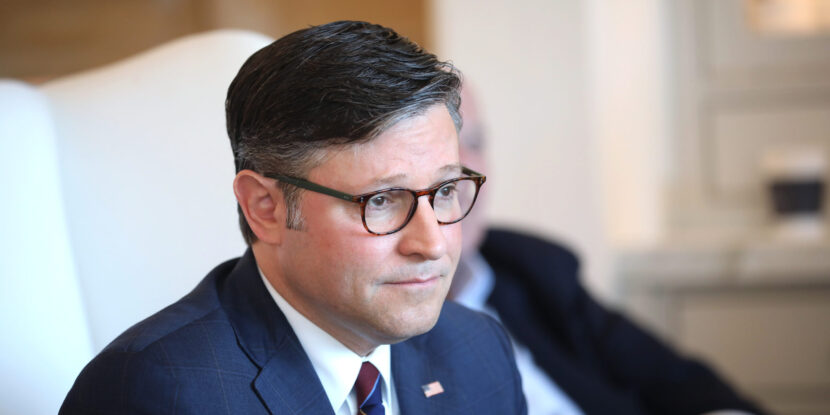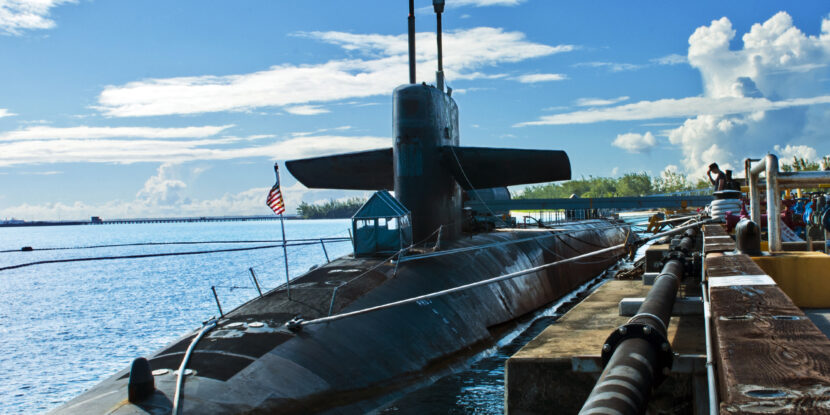
PULSE POINTS:
❓What Happened: Polling reveals ‘mid-propensity voters’ (MPVs) who supported Trump in 2024 may not turn out for Republicans in the 2026 midterms.
👥 Who’s Involved: J.L. Partners conducted the polling; President Donald Trump; mid-propensity voters; Republican strategists.
Your free, daily feed from The National Pulse.
📍 Where & When: United States, polling conducted in April and May 2025.
💬 Key Quote: “If you are a Republican operative, the best way to get the message across is to make these elections about putting the GOP in the best position to carry the agenda that Trump has championed forward into years to come,” said James Johnson, Co-Founder of J.L. Partners.
⚠️ Impact: Republicans face a challenge in motivating a key voter bloc that is vital for maintaining congressional majorities and advancing the MAGA agenda.
IN FULL:
A newly released analysis from J.L. Partners highlights concerns for Republicans ahead of the midterm elections, as a critical group of ‘mid-propensity voters’ (MPVs) who supported President Donald J. Trump in 2024 appear less motivated to vote in 2026.
The analysis defines MPVs as voters who supported Trump but rank their likelihood of voting in midterm elections between four and seven out of 10. These voters, who comprise 20 percent of the electorate, are predominantly younger (aged 18-29) and disproportionately black. Despite their support for Trump in 2024, many are politically unaligned, with 42 percent identifying as Independent or unaffiliated.
In the 2024 election, 36 percent of MPVs backed Trump, compared to 32 percent for former Vice President Kamala Harris, while 29 percent did not vote at all. According to J.L. Partners, the most compelling argument for these voters to participate in the midterms is ensuring Republican congressional majorities to advance the Trump platform and position the party for the 2028 presidential race.
James Johnson, Co-Founder of J.L. Partners, explained, “It might seem odd, but it is intuitive when you think about it… they are thinking through a presidential election prism.” Johnson emphasized the importance of framing the midterms as a continuation of the Trump agenda, stating, “If you are a Republican operative, the best way to get the message across is to make these elections about putting the GOP in the best position to carry the agenda that Trump has championed forward into years to come.”
Republicans face historical challenges in maintaining voter enthusiasm during midterms, when opposition parties typically gain momentum. Trump’s team is reportedly preparing for potential Democratic efforts to impeach him if they regain the House majority.
John McLaughlin, Trump’s longtime pollster, stressed the urgency of delivering on campaign promises, including tax cuts, to maintain voter support. “We need to pass the tax cuts and avoid a recession,” McLaughlin said. “That’s the high stakes here. We cannot lose the midterms.”

PULSE POINTS:
❓ What Happened: Communist China is celebrating British Prime Minister Sir Keir Starmer’s surrender of the Chagos Islands to its ally Mauritius as a “massive achievement,” contradicting Starmer’s claim that Beijing opposed it. The Indian Ocean archipelago hosts a strategic British-American military base.
👥 Who’s Involved: Keir Starmer, Chinese Ambassador Huang Shifang, Mauritius, and the U.S. military.
Your free, daily feed from The National Pulse.
📍 Where & When: The British government signed the Chagos deal with Mauritius on May 22, although ratification is still pending.
💬 Key Quote: “China offers massive congratulations to Mauritius for securing the disputed territory,” Ambassador Huang Shifang said.
⚠️ Impact: Starmer’s deal weakens British and American security, hands China a strategic win, and undermines Trump’s America First stance by risking the Diego Garcia base’s integrity.
IN FULL:
The Chinese Communist Party (CCP) is celebrating British Prime Minister Keir Starmer’s surrender of the Chagos Islands to Mauritius, bolstering Beijing’s influence in the Indian Ocean at the expense of Western security. On May 27, 2025, China’s ambassador to Mauritius, Huang Shifang, hailed the agreement as a “massive achievement,” directly contradicting Starmer’s claim that Beijing opposed the transfer of the Chagos Archipelago to Mauritius.
Mauritius, aligned with China’s Belt and Road Initiative, will be paid billions of pounds by the British government for the privilege of taking the islands. This is in part to pay for a 99-year lease on the island of Diego Garcia, which hosts a major American military base alongside a small British contingent.
Speaking at the Chinese embassy in Mauritius, Ambassador Huang offered “massive congratulations” to Mauritius for securing the territory. She confirmed China “fully supports” Mauritius’s sovereignty push and revealed plans for the island nation to join the Belt and Road Initiative, a sprawling infrastructure project advancing Beijing’s global influence.
Huang also tied Mauritius’s Chagos claim to China’s One-China policy, drawing parallels between the Chagos dispute and China’s stance on Taiwan. The Chinese Ministry of Foreign Affairs echoed this, urging Mauritius to join Belt and Road “as soon as possible” to build a “China-Africa community with a shared future.”
Starmer’s deal, finalized on May 22, 2025, transfers sovereignty of the Chagos Islands, formally the British Indian Ocean Territory, to Mauritius along with £30 billion (~$40.5 billion) over 99 years, in exchange for a lease of Diego Garcia, where Britain was previously sovereign at no cost. However, the Diego Garcia base could now be undermined and potentially rendered redundant if Mauritius allows China to establish a base on another of the Chagos Islands nearby.
Starmer claimed the one-sided agreement was necessary to secure the base, after the International Court of Justice issued an opinion in favor of Mauritius’s territorial claims. However, the United Nations court’s opinion was non-binding and unenforceable, and Starmer was under no obligation to obey it. He also asserted that Britain’s allies supported the deal while “Russia, China, [and] Iran” opposed it, which has now been exposed as a lie by China’s enthusiastic endorsement.
show less

 4 weeks ago
1
4 weeks ago
1








 English (US) ·
English (US) ·